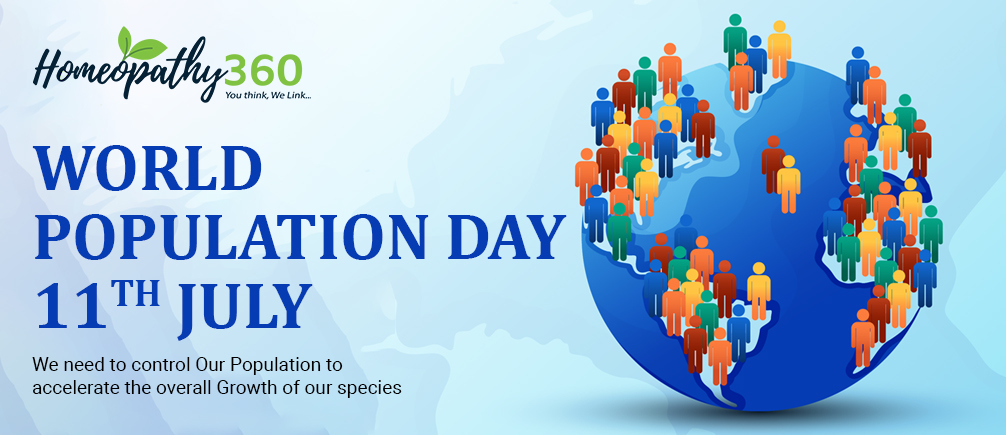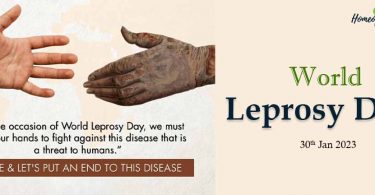
World Population Day is observed on July 11 every year, and is dedicated to focusing on the importance of global population issues. The event was established by the Governing Council of the United Nations Development Programme in 1989 as a result of public interest in Five Billion Day on July 11, 1987, the approximate date on which the world’s population reached five billion people. This original date was decided to be set as ‘World Population Day’ by the United Nations General Assembly, and resolution 45/216 made this official in December 1990. The day was suggested by Dr K. C. Zachariah in which population reaches Five Billion when he worked as Sr Demographer at World Bank.
It took hundreds of thousands of years for the world population to grow to 1 billion – then in just another 200 years or so, it grew sevenfold. This dramatic growth has been driven largely by increasing numbers of people surviving to reproductive age, and has been accompanied by major changes in fertility rates, increasing urbanization and accelerating migration.
World Population Day serves to highlight the growing problems that come with a growing global population. The day aims to increase people’s awareness on various population issues such as the importance of family planning, gender equality, poverty, maternal health and human rights. Overpopulation is a crucial issue, especially considering that world resources are depleting at an unsustainable rate. Awareness about the effects of overpopulation on development and nature is emphasized. The increasing population also sheds light on health problems faced by women during pregnancy and childbirth, making the need for family planning, gender equality, and maternal health more important than ever.
The day is celebrated in various countries around the world by hosting seminars and public discussions, whether virtual or at conferences. Educational sessions and workshops are also held by institutions. Slogans and banners are distributed and people post about it on social media. There are so many non-profits and NGOs out there that are doing tough work on population issues every single day, especially in the developing world. They educate women about contraception and family planning, help people lift themselves out of poverty, and help refugees that have fled their homes because of environmental issues or human rights abuses. Let’s commit to each other and try to educate others as well about the importance of population control today.





